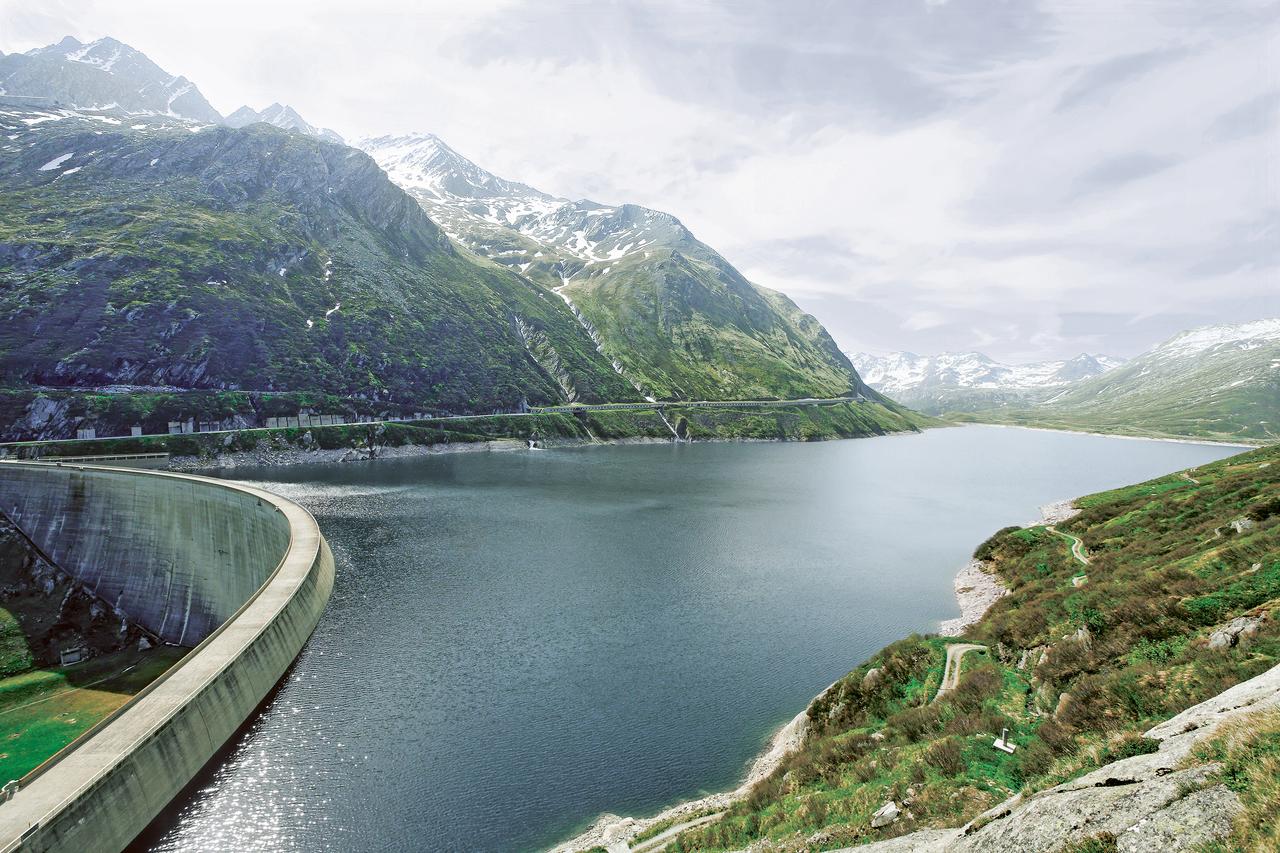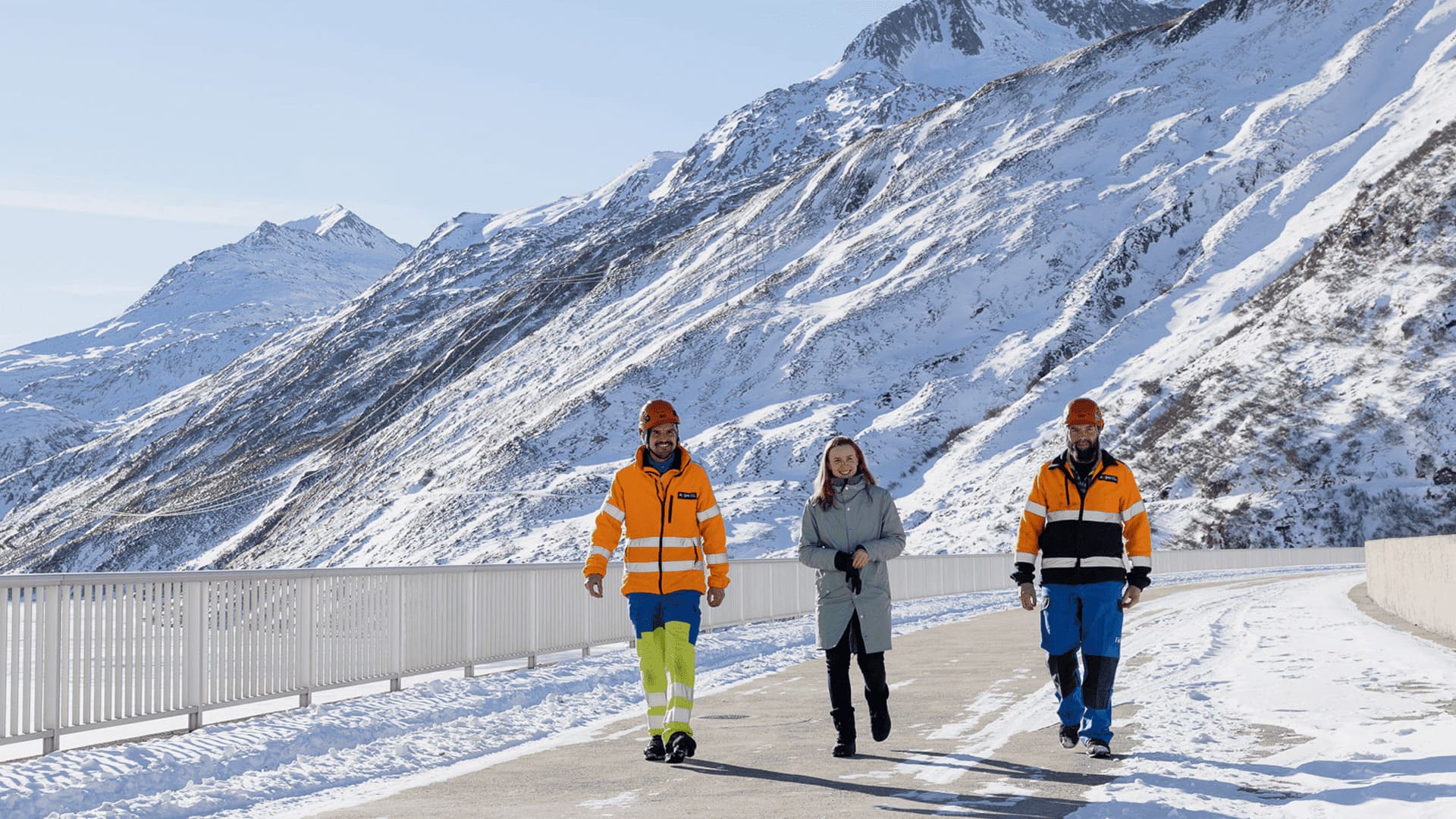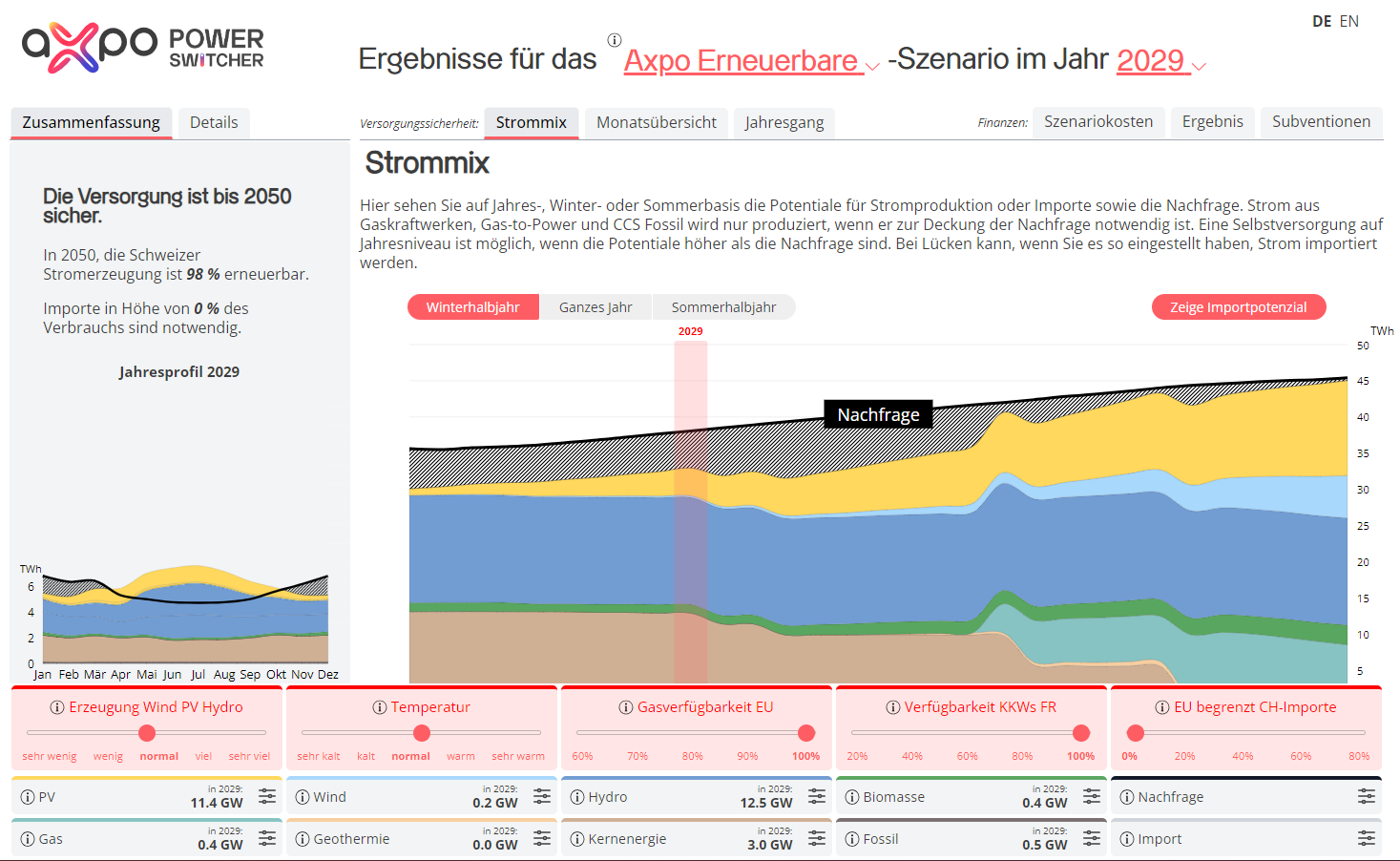.jpg)
.jpg)
Foreign matter in organic waste Challenges and solutions
Unfortunately, organic waste is not only fermentable and compostable, but also increasingly contains foreign matter such as plastic, metal and glass. There are currently no technological solutions that can guarantee the complete elimination of these contaminants. This has a negative impact on the environment, particularly in terms of soil pollution, and also leads to a disrupted fermentation and composting process, which is characterised by increased wear and tear on plant components and higher maintenance costs.
Information and education
The strategy for tackling this problem consists of comprehensive information campaigns. The focus here is on educating the public about the correct disposal of green waste. Targeted educational initiatives, starting at primary school level, aim to increase understanding of the importance of clean waste separation.
Technological solutions
The use of state-of-the-art sorting technologies is another component of improving the condition. These technologies enable the identification and removal of foreign matter as early as the collection phase, which makes a decisive contribution to improving the quality of the green waste. Individual approaches to this are currently in the pilot phase, but they are not yet fully developed technologically and economically.
By collecting biogenic waste cleanly from the outset, we can actively tackle the problem of foreign matter. Which organic waste belongs in the green waste collection depends on whether the material is utilised in a fermentation plant or on a composting site. Detailed information can be found in the following information sheets:
- This belongs in the organic waste (fermentation) (only in German) View Send email Download
- This belongs in the organic waste (composting) (only in German) View Send email Download
We are firmly convinced that a sustainable and efficient utilisation of biomass energy is possible through a holistic approach and cooperation with the local population.




.jpg)





